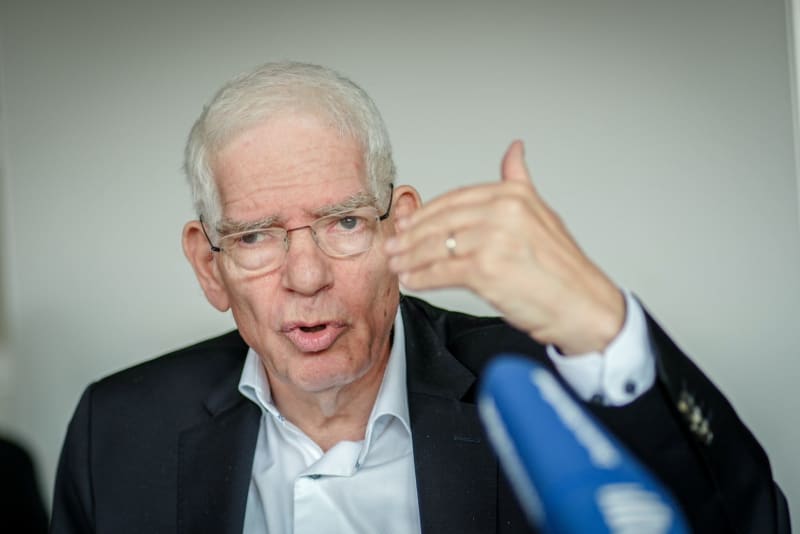One year after the shocking Hamas attack on Israel, which occurred on October 7, 2023, the Central Council of Jews in Germany has expressed grave concerns regarding the increasing threats to Jewish life in the country. Josef Schuster, the council’s president, emphasized that the threshold for inciting and perpetrating violence against Jews is alarmingly diminishing. This trend, according to Schuster, is not something that can simply be ignored, as it represents a significant regression in Jewish safety and security in Germany. The attack, which resulted in the deaths of approximately 1,200 individuals and the abduction of around 250 hostages by Hamas fighters, initiated a severe Israeli military response in Gaza. The resulting conflict has caused enormous casualties, with reports indicating nearly 42,000 deaths in Gaza, though these figures do not specify the numbers of combatants versus civilians.
In Germany, the atmosphere surrounding pro-Palestinian demonstrations has shifted dramatically, with many protests featuring severe criticisms of Israel. The frequency and intensity of these demonstrations have heightened feelings of vulnerability among German Jews. Schuster noted that many Jews in the country are experiencing a sense of abandonment, a sentiment that is stirring up traumatic memories associated with previous antisemitic experiences. The rise in anti-Semitic incidents coinciding with these protests highlights a disturbing trend in which anti-Zionism has once again become a socially accepted narrative, contributing to the reemergence of anti-Semitic feelings and behaviors.
The nature of anti-Semitic acts observed in Germany is increasingly related to attitudes toward Israel and the ongoing Israeli-Palestinian conflict. This Israel-related anti-Semitism manifests through hostile rhetoric, violence, and a general atmosphere of intimidation directed at Jewish communities. Schuster articulated that there is a “mechanism of hatred” at play, which is fostering an environment where it is becoming more socially acceptable to express sentiments that vilify Jews, particularly in the context of their connection to Israel. This troubling resurgence of anti-Zionism and its correlation with rising anti-Jewish sentiment raises alarms about the safety and psyche of Jewish individuals in Germany.
Schuster’s remarks highlight – and call for – a necessary shift in focus not only among the Jewish community but also among the politicians and leaders responsible for safeguarding their rights. Emphasizing the need for action, he urged leaders to understand and address the specific requirements of those committed to Jewish community life and democratic principles. He called for a heightened awareness of the challenges these individuals face, which are exacerbated by the current socio-political climate. Schuster underscored the importance of ensuring that Jewish community members feel supported and protected as they navigate the increasingly treacherous landscape as both Jews and active participants in the democratic process.
Political leaders also bear a critical responsibility in combating anti-Semitism in Germany. Schuster urged that this battle must extend beyond mere rhetorical commitments and be translated into “concrete state measures and protective mechanisms.” This includes implementing policies that provide tangible security and support for Jewish individuals and organizations facing threats, as well as fostering an educational environment that lies at the heart of countering and dismantling anti-Semitic ideologies. There is a clear need for policies that not only recognize the increasing risks faced by Jews but also actively combat the narratives that foster hatred and discrimination against them.
In closing, the Central Council of Jews in Germany is calling for urgent action in light of rising anti-Semitism and a shrinking margin for safety among Jewish communities. The message from Josef Schuster is clear: the time for complacency is over, and it is crucial for society to confront these challenges head-on. The interplay between anti-Zionism, anti-Semitism, and public perceptions of Jews in Germany must be actively addressed through a multi-faceted strategy that encompasses education, community building, and state intervention. Only through a concerted and meaningful effort can the tide of hate and violence against Jews be stemmed, allowing them to live and thrive within the democratic fabric of the nation.

